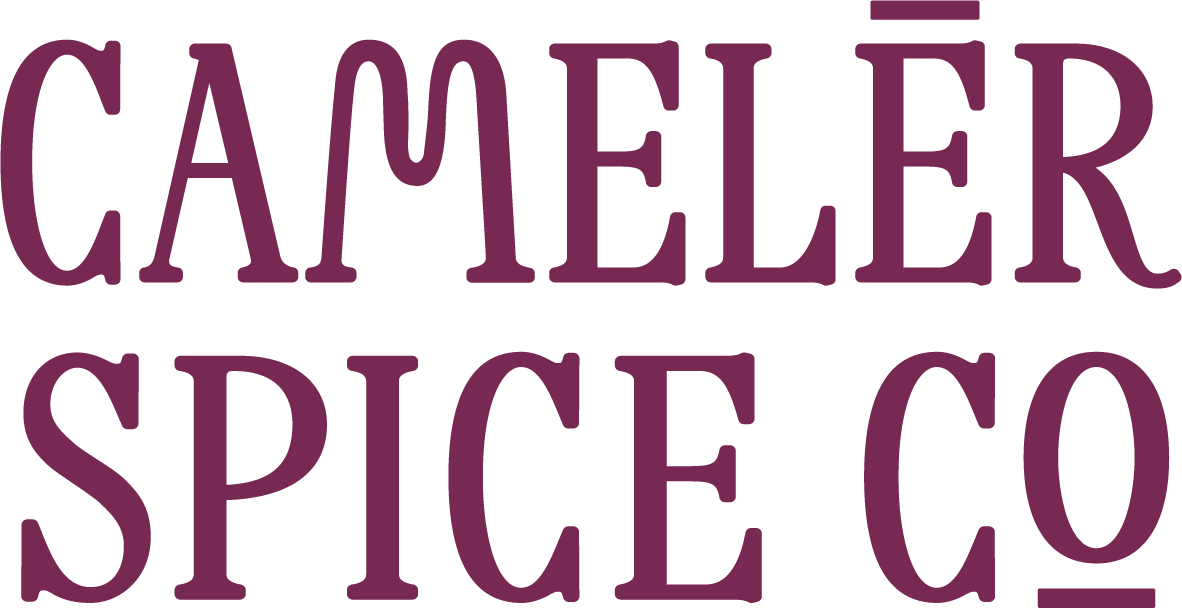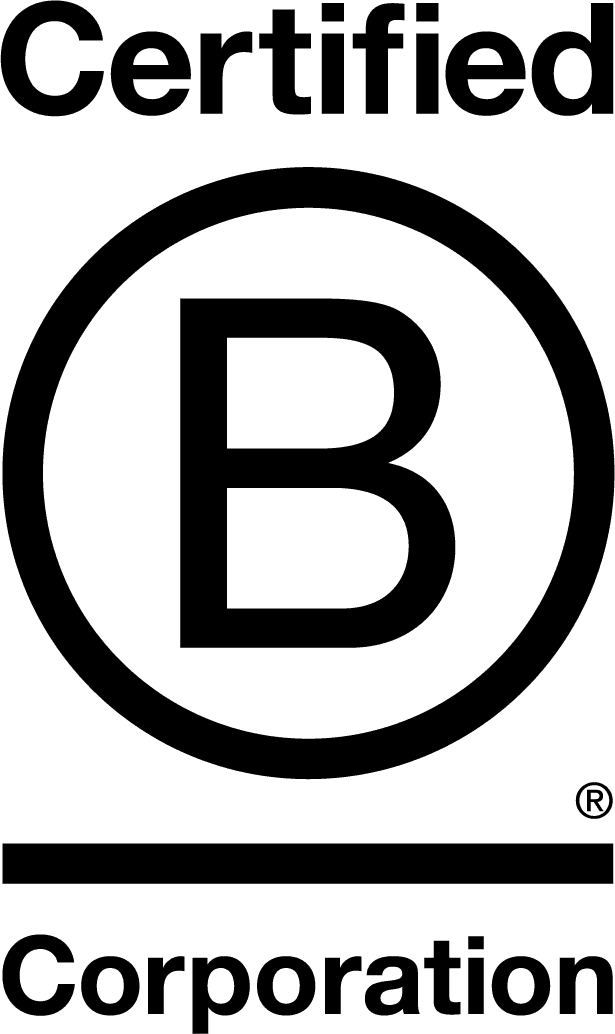

Cameler Spice Co.

London Borough of Islington, United Kingdom
November 2024
Food products
Manufacturing
Ireland,
Saudi Arabia,
United Kingdom
Camelēr Spice Co. is a premium spice brand dedicated to bringing the world’s most captivating flavours to kitchens everywhere. Founded by British-Saudi Arabian marketeer and chef Halle and Irish business strategist Myles, the company combines cultural heritage with a commitment to sustainability and innovation. Drawing inspiration from the ancient spice routes and the wisdom of traditional spice merchants, Camelēr Spice Co. creates unique, handcrafted blends that celebrate the stories and culinary histories of regions across the globe. Each blend is meticulously crafted, often inspired by generational recipes with aims to carefully sourced from regenerative farms that uphold ethical practices. Packaged in eco-friendly brown glass jars, their spices not only preserve freshness but also pay homage to the age-old apothecary jars used to protect the potency of these precious ingredients. With a mission to educate and inspire, Camelēr Spice Co. strives to create a deeper appreciation for spices, empowering home cooks and chefs alike to explore and celebrate the rich, diverse heritage of global cuisine.
Overall B Impact Score
Governance 17.2
Governance evaluates a company's overall mission, engagement around its social/environmental impact, ethics, and transparency. This section also evaluates the ability of a company to protect their mission and formally consider stakeholders in decision making through their corporate structure (e.g. benefit corporation) or corporate governing documents.
What is this? A company with an Impact Business Model is intentionally designed to create a specific positive outcome for one of its stakeholders - such as workers, community, environment, or customers.
Community 77.4
Community evaluates a company’s engagement with and impact on the communities in which it operates, hires from, and sources from. Topics include diversity, equity & inclusion, economic impact, civic engagement, charitable giving, and supply chain management. In addition, this section recognizes business models that are designed to address specific community-oriented problems, such as poverty alleviation through fair trade sourcing or distribution via microenterprises, producer cooperative models, locally focused economic development, and formal charitable giving commitments.
What is this? A company with an Impact Business Model is intentionally designed to create a specific positive outcome for one of its stakeholders - such as workers, community, environment, or customers.
Environment 18.0
Environment evaluates a company’s overall environmental management practices as well as its impact on the air, climate, water, land, and biodiversity. This includes the direct impact of a company’s operations and, when applicable its supply chain and distribution channels. This section also recognizes companies with environmentally innovative production processes and those that sell products or services that have a positive environmental impact. Some examples might include products and services that create renewable energy, reduce consumption or waste, conserve land or wildlife, provide less toxic alternatives to the market, or educate people about environmental problems.
Customers 5.0
Customers evaluates a company’s stewardship of its customers through the quality of its products and services, ethical marketing, data privacy and security, and feedback channels. In addition, this section recognizes products or services that are designed to address a particular social problem for or through its customers, such as health or educational products, arts & media products, serving underserved customers/clients, and services that improve the social impact of other businesses or organizations.